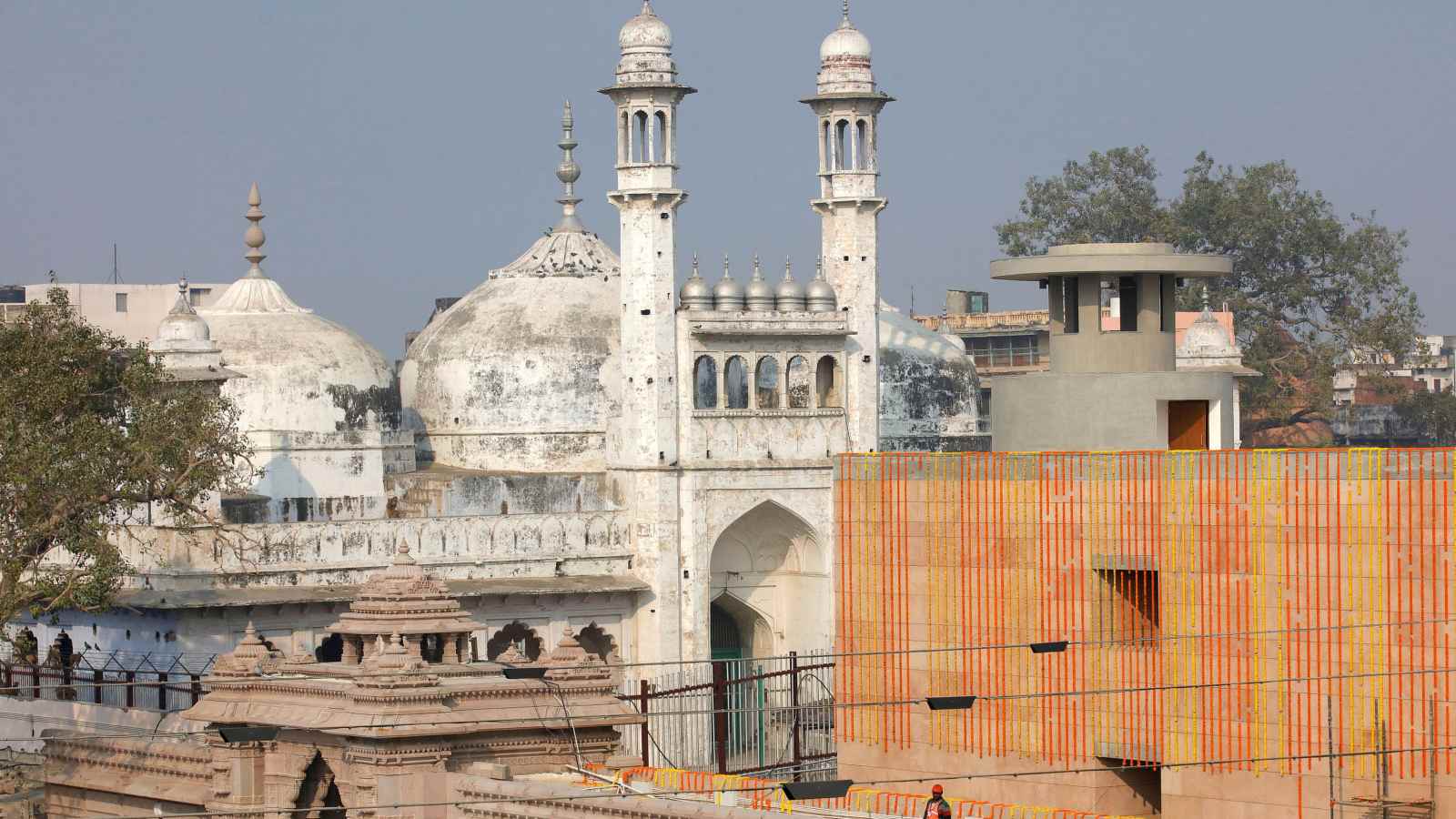The Anjuman Intezamia Masajid Committee, which manages the mosque complex, sought time to file its objection to the application, and Additional District & Sessions Judge Anil Kumar-V, the link officer for the District Judge of Varanasi, posted the matter for further hearing on February 15.

The application, moved by Rakhi Singh who is plaintiff No.1 in the Maa Shringar Gauri matter, sought a survey of the “remaining cellars” of the mosque which, it said, couldn’t be surveyed during the ASI survey in August last year.
Speaking to The Indian Express, Advocate Anupam Dwivedi, who represents Rakhi Singh, said, “We had moved an application in the District Court Monday. The ASI survey – its report was made public last month – had surveyed some cellars in Plot No. 9130. But some cellars couldn’t be opened as the keys were not available, or for other reasons. We have sought a survey of the cellars and places which were not surveyed by ASI.”
“The Anjuman Intezamia Masajid Committee had to file objections today, but they sought more time and the court listed the matter for further hearing on February 15 when the mosque committee is to file its objection,” he said.
According to Dwivedi, there are a total of eight cellars in the mosque premises, and cellars N1 and S1 were not surveyed by the ASI. Advocate Akhlaq Ahmad, who represents the mosque committee before the Varanasi court, said, “The application seeks survey of the so-called remaining cellars. We only know of four cellars there. I don’t know what their application is based upon. We will file objections.”
Following an earlier petition by five women, the court had ordered the ASI to conduct a survey of the Gyanvapi mosque complex, barring the “wazukhana” used for ritual ablutions before namaz.
Story continues below this ad
On January 25, the ASI survey report was handed over to the litigants and it became public. One of its key conclusions was that “there existed a Hindu temple prior to the construction of the existing structure” at the Gyanvapi site. On January 31, the District Court allowed puja in the southern cellar of the mosque complex, and it was opened the same night for a priest to perform puja – Hindu plaintiffs call the cellar ‘Vyasji ka tehkhana’ (Vyasji’s cellar).
The District Court’s direction for puja in the cellar came on the petition of Shailendra Kumar Pathak, head priest of Acharya Ved Vyas Peeth temple, who said that the Vyas family had been offering prayers in the cellar even during the rule of the British but the practice was stopped in December 1993.
Hindu litigants, appearing before the court, have claimed that the Gyanvapi mosque was built on the site of the earlier Kashi Vishwanath temple after its destruction in the 17th century.
Meanwhile, the Allahabad High Court Tuesday heard an application by the mosque committee, challenging the January 31 order of the District Court which allowed puja in the southern cellar.
Story continues below this ad
The matter was taken up by Justice Rohit Ranjan Agarwal, who will continue the hearing Wednesday. Speaking to The Indian Express, Senior Advocate S F A Naqvi, who appeared on behalf of the mosque committee, said, “…the application, moved by the Hindu plaintiffs for puja in the cellar, was disposed of on January 17… if the application had been disposed of, how was an order for puja passed on the application?…”









